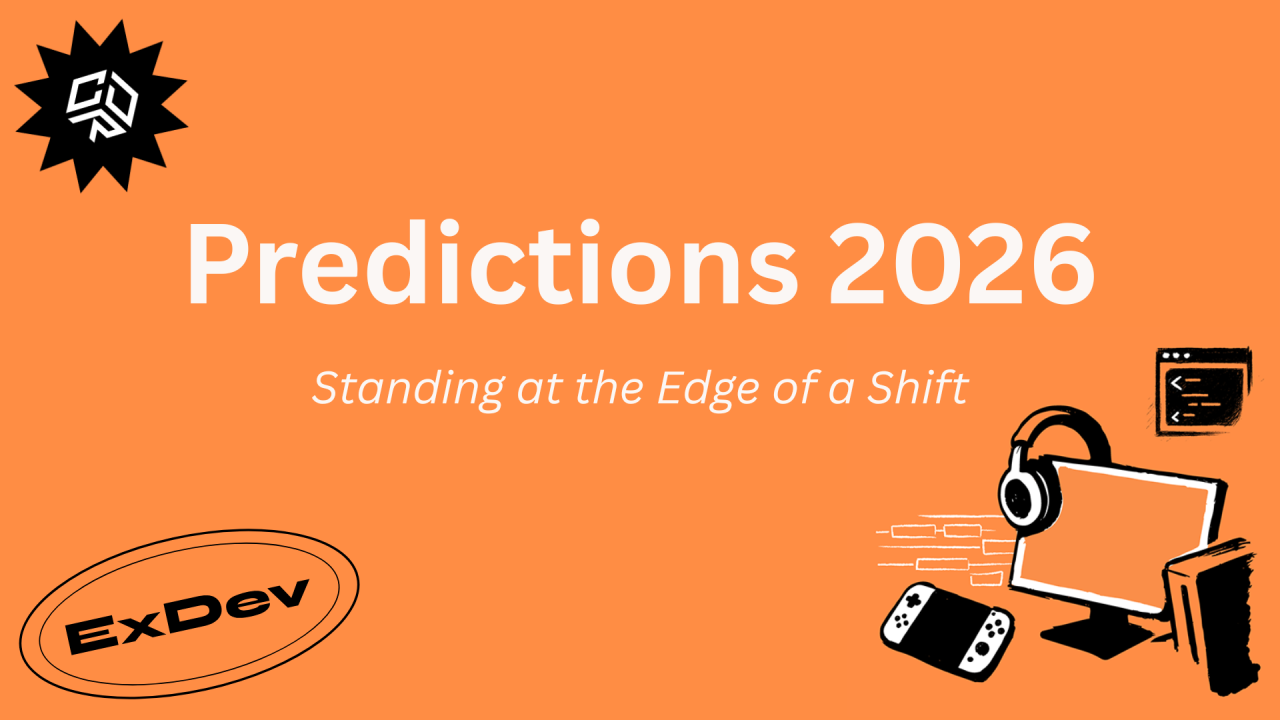One of the biggest sources of conflict in service partnerships occurs when relationship owners fail to update and enforce partnership terms.
In every creative service partnership, there are really two governing structures:
1) The contract’s written terms.
2) The informal working agreement between the two parties.
Contract terms are negotiated before the project kicks off and are difficult to change. This often leads to misalignment, as game development is inherently a creative process with many twists and turns, causing pre-established governance structures to frequently become out of sync with the actual work being done.
However, working or operational agreements are fluid and can take many forms, including verbal agreements (mistake!!). I prefer using written bullet points in a frequently used shared workspace. This approach allows for easy updates to the partnership ‘terms’ without having to revisit the contract.
Misalignment with contract terms occurs naturally and continually. Problems arise when both partners fail to acknowledge this, usually in an attempt to avoid perceived conflict. Equally likely, they fail to enforce the agreed upon terms (e.g., allowing a milestone to pass without saying anything), which renders them obsolete.
Oftentimes, things turn out ok. The project ends, and despite the misalignment of the terms, both parties are happy with the work that has been delivered. Trust was maintained, so there are no problems signing a new agreement for the next project.
But that’s a risky way to operate. Miscommunications happen, and without agreed-upon terms of governance to adjudicate disagreements, the risk of conflict grows.
Which is how major disputes happen. Something goes wrong, you can’t naturally reach a resolution, and your governance is antiquated. The default next step here is to refer back to the contract language. But due to your failure to update and enforce the terms you agreed upon, you’ve been complicit in establishing that they don’t matter… which makes it much more difficult to respect your claim that now that you can’t agree — they’re ALL that matter.
Even though you may be legally protected, pulling contract language means you’ve just torched that relationship. Good luck doing another project with that partner.
The best way to avoid these problems is to continually enforce and update the terms of the engagement as the partnership evolves. This way, any changes you’re making to the partnership terms are small and reflect the current understanding of each party. And if there is an alignment problem, you’re getting ahead of it — dealing with small issues instead of allowing problems to pile.
Don’t think just because you’ve signed the contract, you’re done negotiating. All quality relationships require ongoing attention.





